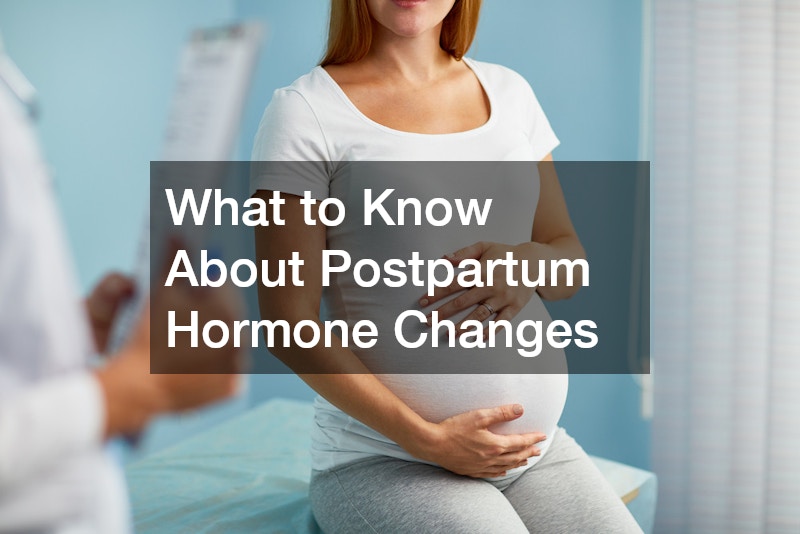
The postpartum period is a time of significant adjustment for new mothers, both physically and emotionally. One of the key challenges during this time is navigating postpartum hormone changes, which can have a profound impact on a woman’s body and mind. Understanding these changes can help new mothers prepare for the postpartum period and seek appropriate support when needed.
Understanding Hormonal Shifts
During pregnancy, a woman’s body undergoes a dramatic increase in hormones, particularly estrogen and progesterone. These hormones play crucial roles in maintaining the pregnancy and preparing the body for childbirth. However, immediately after delivery, the levels of these hormones drop sharply, leading to various physical and emotional changes. This sudden shift can contribute to the common experience known as the “baby blues,” characterized by mood swings, anxiety, and sadness.
Common Postpartum Hormone Changes
Estrogen and Progesterone Decline: The steep decline in estrogen and progesterone levels after childbirth can cause a variety of symptoms. These hormones, which were elevated during pregnancy, help regulate mood, so their sudden decrease can lead to feelings of irritability, sadness, and anxiety. This hormonal drop is also associated with physical changes such as hot flashes and night sweats.
Prolactin Increase: Prolactin is the hormone responsible for milk production. After childbirth, prolactin levels increase to facilitate breastfeeding. While this is essential for nursing, high levels of prolactin can sometimes contribute to feelings of fatigue and emotional instability.
Thyroid Hormone Fluctuations: Some women may experience thyroid hormone imbalances postpartum. Conditions such as postpartum thyroiditis can cause symptoms of hyperthyroidism (e.g., nervousness, rapid heartbeat) or hypothyroidism (e.g., fatigue, weight gain). Monitoring thyroid levels can be important for overall health and well-being during this period.
Emotional Impact
Postpartum hormone changes can significantly affect a new mother’s emotional state. While the “baby blues” are common and typically resolve within two weeks, some women may experience more severe and prolonged symptoms, known as postpartum depression (PPD). PPD can include intense feelings of sadness, anxiety, and exhaustion, making it difficult to care for oneself and the baby. It’s crucial for new mothers to seek help if they experience these symptoms, as PPD is a serious condition that requires professional treatment.
Coping Strategies
Seek Support: Building a strong support network is vital. Friends, family, and support groups can provide emotional comfort and practical help during the postpartum period.
Stay Active: Gentle physical activity, such as walking or postpartum yoga, can help boost mood and energy levels. Exercise releases endorphins, which can counteract some of the emotional lows associated with hormonal changes.
Prioritize Rest: Adequate rest is crucial for recovery. New mothers should try to rest when the baby sleeps and not hesitate to ask for help with household tasks and baby care.
.



